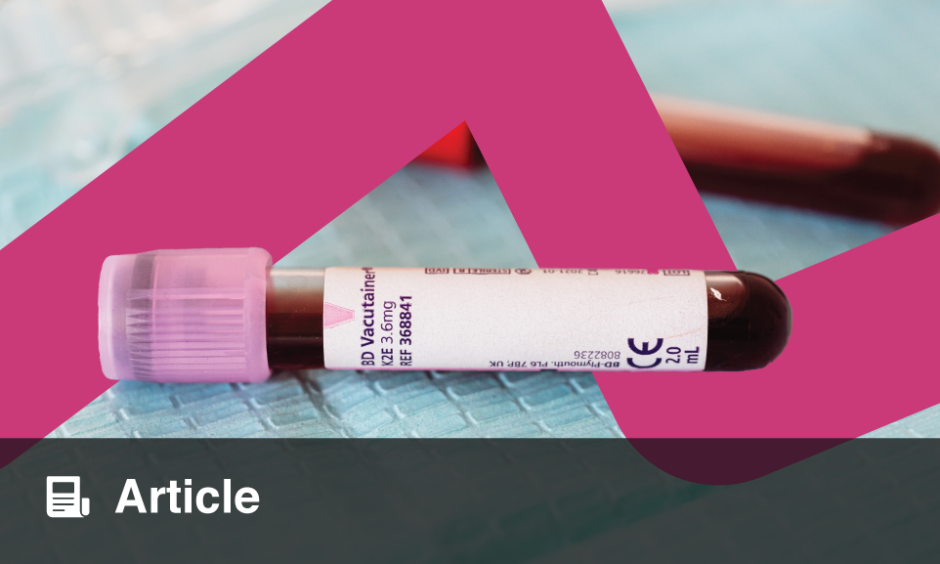A recent study has found that immunoglobulin replacement therapy (IgRT) significantly decreases the incidence of hypogammaglobulinemia, infections, and antimicrobial use in patients with chronic lymphocytic leukemia (CLL) and non-Hodgkin lymphoma (NHL). These findings highlight the importance of IgG testing and IgRT in managing secondary immune deficiency (SID) in these patients.
Researchers conducted a retrospective, longitudinal study using clinical data from the Massachusetts General Brigham Research Patient Data Registry, involving 17,192 adult patients diagnosed with CLL or NHL. The study aimed to evaluate patterns of IgG testing and the effectiveness of IgRT in reducing infections and the need for antimicrobial treatments.
The patient cohort included 3,960 individuals with CLL (median age: 68 years) and 13,232 with NHL (median age: 64 years). Among these, 67% of CLL patients and 51.2% of NHL patients underwent IgG testing, while 6.5% and 4.7% received IgRT, respectively. Results showed that following the initiation of IgRT, there was a significant reduction in the proportion of patients with hypogammaglobulinemia. Moreover, the odds of experiencing infections or severe infections, and the subsequent need for antimicrobial use, decreased markedly.
The study also revealed that increased frequency of IgG testing correlated with a significantly lower likelihood of severe infections. This suggests that regular monitoring and early detection of hypogammaglobulinemia can lead to better management and outcomes for patients with CLL and NHL.
In conclusion, the study underscores the benefits of optimizing IgG testing and IgRT in the comprehensive management of SID among CLL and NHL patients, potentially leading to improved patient outcomes and reduced healthcare burdens.
Reference:
Soumerai J.D et al. IgG Testing, Immunoglobulin Replacement Therapy, and Infection Outcomes in Patients with CLL or NHL: Real-World Evidence. Blood Advances. 2024.







